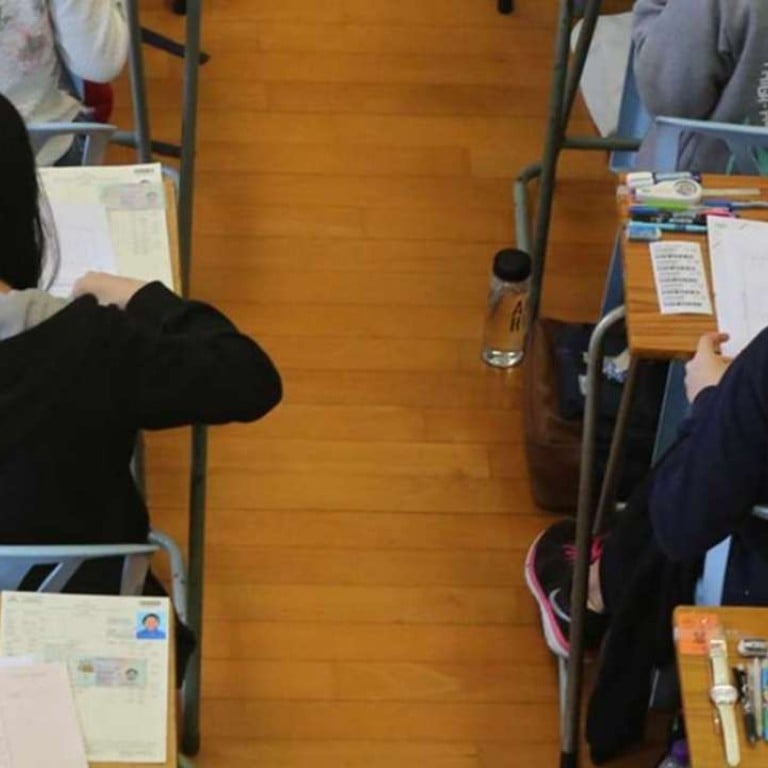
27 per cent of Hong Kong pupils think of suicide or self-harm, 63 per cent have sleeping disorders: Paediatric Society survey
More than a quarter of secondary school pupils had thoughts about taking their own life or self-harming in the past six months
More than a quarter of secondary school pupils had thought about committing suicide or self-harming in the past six months, a survey by the Paediatric Society and Paediatric Foundation found.
The groups dismissed a committee set up to prevent student suicides as “useless” and said promoting life education and health literacy – the ability to acquire basic medical information to make appropriate decisions – was more effective in tackling the root causes of the problem.
The survey, which interviewed 1,685 secondary school pupils from March to early April, found that 27 per cent of youngsters had considered harming themselves or committing suicide in the past six months.
Some 62 per cent had experienced signs such as feeling sad or crying for no reason, and 63 per cent had sleeping disorders.
“It is a serious issue to see one out of every three youngsters have considered suicide. The problem has always been here but not noticed by the public,” said Dr Lilian Wong Hiu-lei, the society’s president.
Sixty-six per cent of the pupils preferred seeking solutions to health problems on the internet rather than going to professionals.
Weight loss, emotional or stress problems, and skin issues topped the three most popular items for which students would find answers by themselves.
It is a serious issue to see one out of every three youngsters have considered suicide. The problem has always been here but not noticed by the public
But Wong warned: “They might have found a wrong method or delayed treatment for their problem – the consequences could be severe if they solve the issues by themselves.”
Although 79 per cent of pupils agreed that medics provided reliable advice, 34 per cent considered information from the internet to be trustworthy if details were shared by friends or collected from online chat rooms.
Dr Chan Chok-wan, chairman of the foundation’s board of directors, criticised the committee against student suicide, formed late last month after a series of suicides since September, as “completely useless” and said measures by the Education Bureau “only treated the symptoms, but not the root causes”.
Wong said: “The committee should be focusing on suicide, not emotional distress. It has narrowed down the issue without seeing the problem holistically.”
Blame game on student suicides misses the point: it’s elitism that piles on the pressure
The paediatricians suggested enhancing youngsters’ health literacy by educating them about the importance of identifying reliable information in schools, and seeking help from medics if mental health problems persisted.
Professor Paul Yip Siu-fai, chairman of the committee on prevention of student suicides, said the group had adopted different approaches to tackle the pressures facing youngsters.
“We believe suicide cases are only the tip of the iceberg,” said Yip, adding that the bureau’s counselling services had been enhanced in individual schools after the formation of the committee.

